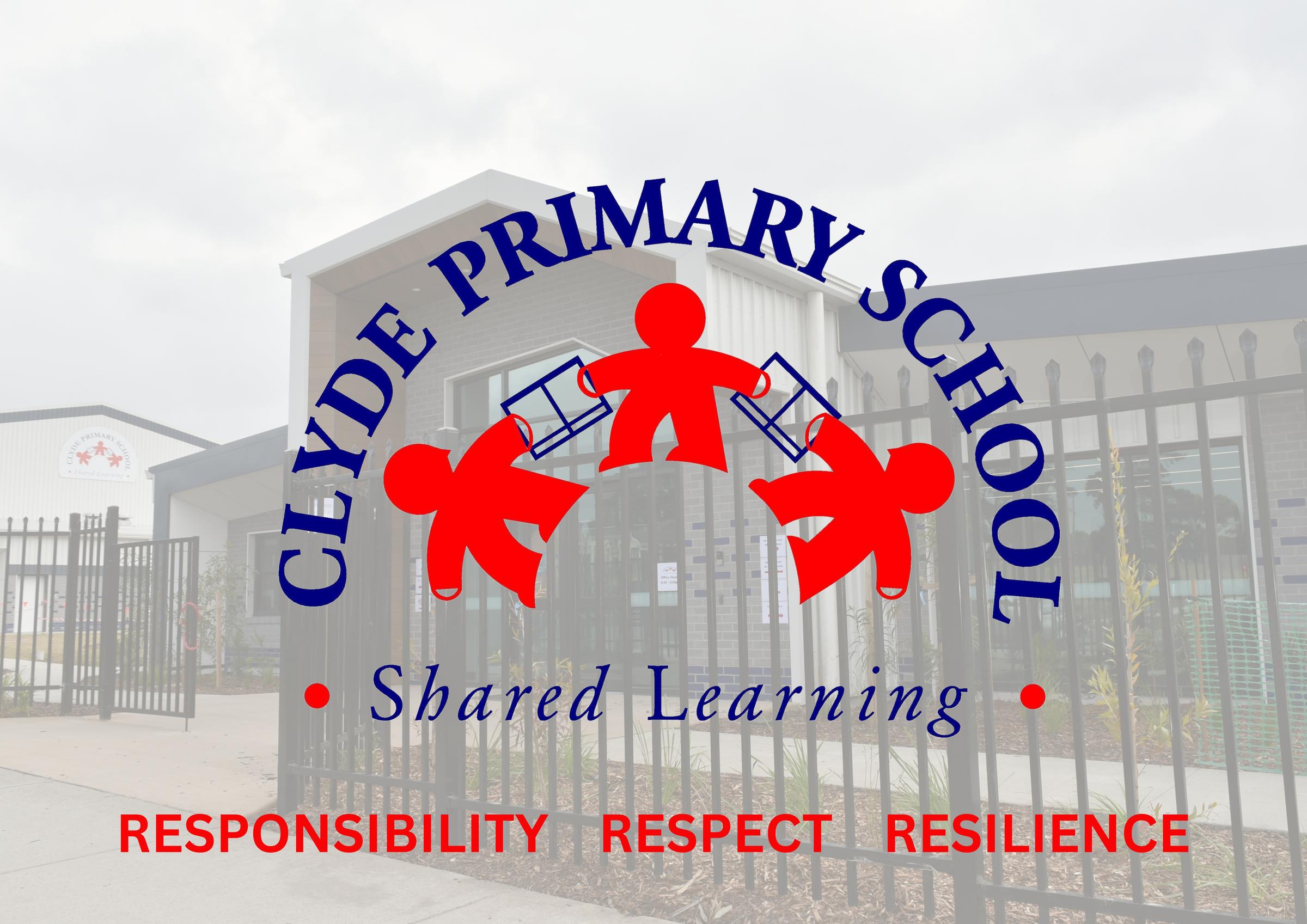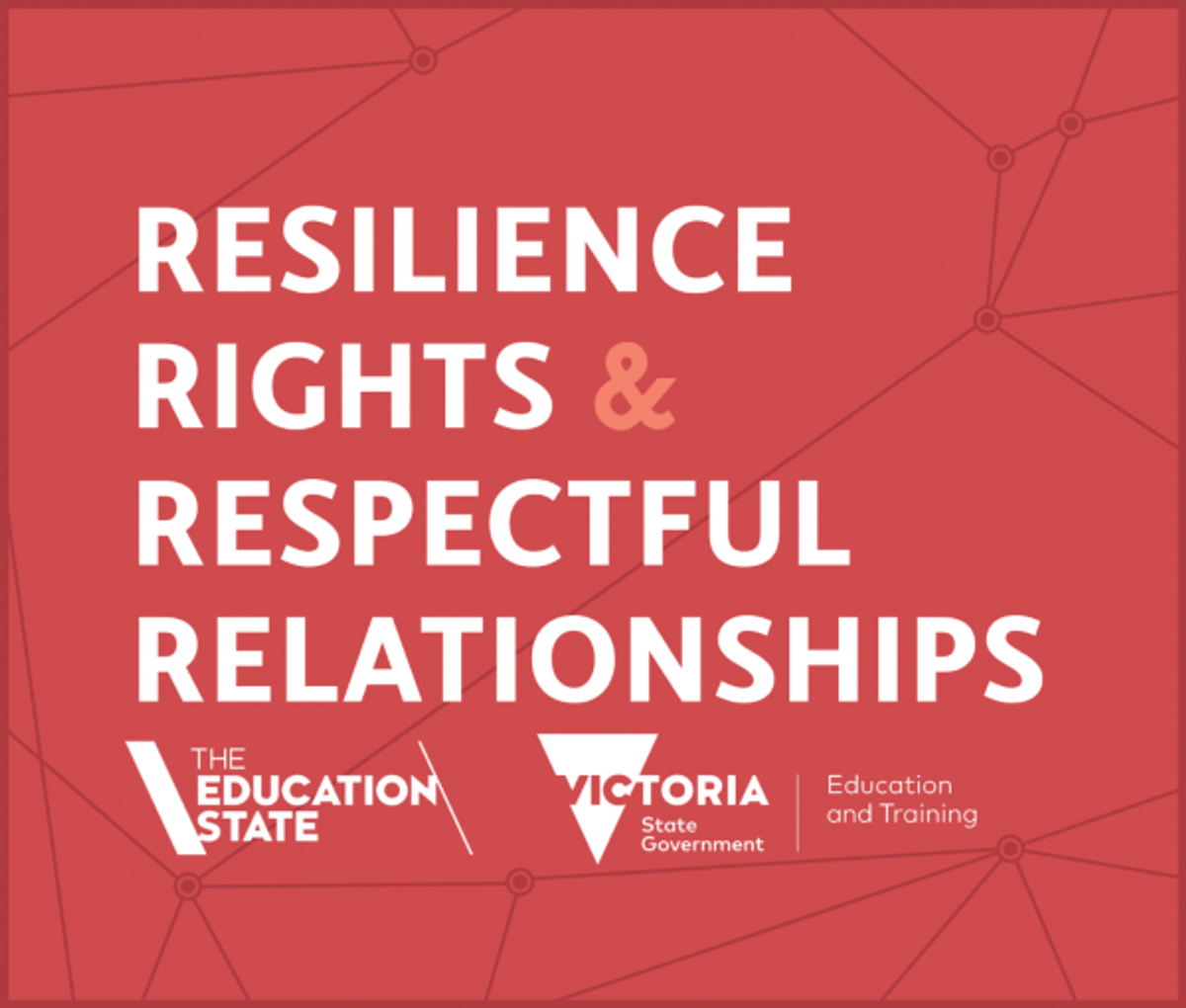Wellbeing News

Respectful Relationships in Term 2
In term 2, all students at Clyde Primary School are learning about ‘Positive coping’ skills and ‘Problem Solving’ topics during their weekly Respectful Relationship’s lessons.
It is important to help students learn a range of problem-solving skills through applied learning tasks so they can cope with the challenges they will face in the future. Problem solving is identified by the World Health Organisation as a key skill for health. To be able to solve problems, children need to be able to think critically and evaluate the consequences of various actions.
Key concepts taught within these topics consist of:
· Student’s reflecting on their emotional responses.
· Discussing ways which students can take responsibility for their actions.
· Describing ways to express emotions which show awareness of the feelings and needs of others.
· Practising techniques to deal with feelings of fear, frustration and anger.
· Recognising there are many ways to solve conflict.
· Describing similarities and differences in points of view between themselves and people in their communities
· Identifying cooperative behaviours in a range of group activities
· Practising individual and group decision-making
· Practising solving simple interpersonal problems.
Cyber Bullying
Cyberbullying of children is when someone uses online content or communication to seriously humiliate, seriously harass, seriously intimidate or seriously threaten a child or young person under the age of 18.
It can take many forms including sending abusive messages, hurtful images or videos, nasty online gossip, excluding or humiliating others, or creating fake accounts in someone’s name to trick or humiliate them.
Online bullying can have a devastating impact on young people, whose online life is a key part of their identity and how they interact socially.
Signs to watch for
· being upset after using the internet or their mobile phone
· changes in personality, such as becoming more withdrawn, anxious, sad or angry
· appearing more lonely or distressed
· unexpected changes in friendship groups
· a decline in their school work
· changes in their sleep patterns
· avoidance of school or clubs
· a decline in their physical health
· becoming secretive about their online activities and mobile phone use.
What you can do to support your child
Stay calm and open — don’t panic: You want your child to feel confident that you’re not immediately going to get upset, angry or anxious if they tell you about the situation. You want them to know they can talk to you and feel heard.
Listen, think, pause: Gauge the scale of the problem and how it is affecting them personally. Try not to respond immediately but take some time to consider the best course of action.
Act to protect your child if necessary: If your child is being threatened, or if they indicate a wish to harm themselves, you should seek professional help.
Empower your child: Wherever possible, try to build your child’s confidence and help them make wise decisions for themselves, rather than telling them what to do.
Collect evidence: Don't delete the posts or abusive material straight away. Instead, start by taking screenshots and collecting evidence including dates and times. The evidence may be useful if the behaviour continues and you need a record of how long it has been going on. You may also need evidence if you want to report it.
Reporting Online Harm
Many social media services, games, apps and websites have a simple process to report content posted by other people. If the service provider does not take action, you or your child can report to eSafety. They will ask you to complete our online reporting form and include evidence, such as a receipt, reference or report number from the service provider.
Prevent further contact
Help your child to use in-app functions to ignore, mute or block the other person. Encourage your child to check their privacy settings and restrict who can see their posts and profile page. Encourage your child to ask their friends whether mean content is still being posted and if so, ask them to report it.
Stay Aware
Check in with your child from time-to-time about how they are feeling. Keep an eye on their eating and sleeping habits, their ability to concentrate and make decisions and their overall mood.
Last week, the Leadership team spoke to our Year 6 cohort regarding cyber safety and cyber bullying, reminding students about the school’s expectations and policies regarding this matter. Our staff are addressing this concern through the implementation of the Cyber Safety Project throughout the school. Our Year 6 staff have booked themselves into a class online Kids Helpline session to address cyber safety and we have also requested a police presentation for our Year 5 and 6 students.
Attendance


